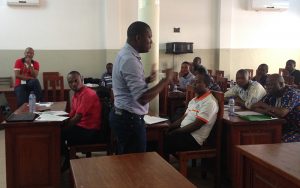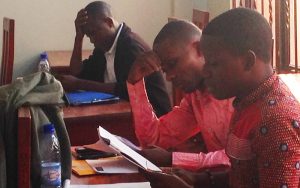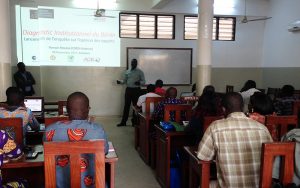Benin Institutional Diagnostic
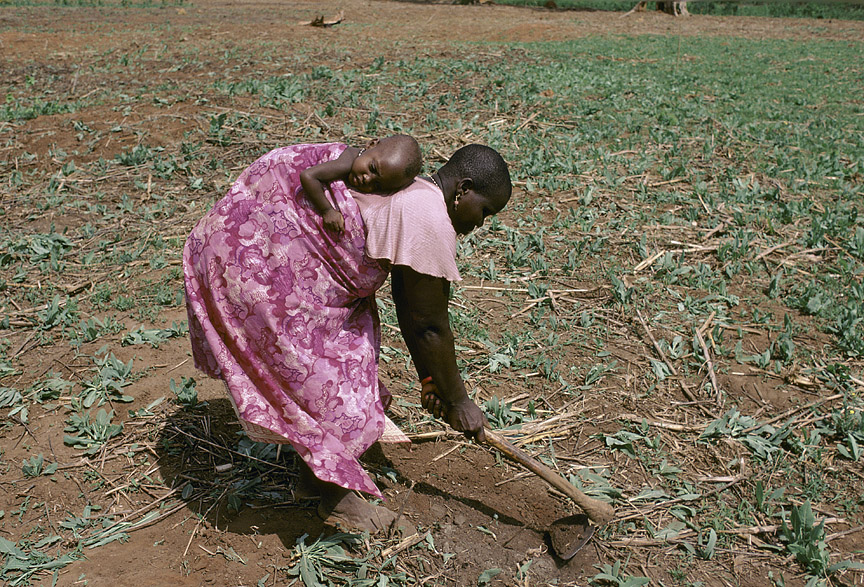
Curt Carnemark/The World Bank
Benin is one of the focus countries for our studies to develop an institutional diagnostic tool.
There are four stages to our approach for this research.
- Stage 1: Identification and justification of institutional areas
- Stage 2: Deep-dive thematic studies into key restrictive institutional areas
- Stage 3: Integration of findings and proposals for potential institutional reforms
- Stage 4: Dissemination of findings
The research team includes François Bourguignon, Romain Houssa, Jean-Philippe Platteau and Paul Reding. General project management is provided by Tatiana Goetghebuer (Aide á la Décision Economique, ADE)
Table of contents of the Benin Institutional Diagnostic
PART 1. General approach to the diagnostic
- An overview of economic and institutional constraints on Benin’s development, by François Bourguignon, Romain Houssa, Jean-Philippe Platteau and Paul Reding
- Chapter 1: The spatial, historical and socio-political context, by Jean-Philippe Platteau
- Chapter 2: A review of present economic and social challenges, by Romain Houssa and Paul Reding
- Chapter 3: Benin’s institutions and development: insights from alternative evaluation approaches: insights from international comparisons, an opinion survey and growth diagnostic exercises, by Romain Houssa and François Bourguignon
PART 2. Thematic studies
- Introduction to thematic studies, by François Bourguignon
- Chapter 4: Campaign finance and state capture, by Rafael Ch, Mathias Hounkpe and Léonard Wantchekon (Discussion by Cesi Cruz)
- Chapter 5: Regulation of a dominant sector: a case study of cotton, by Barthélémy Honfoga, Romain Houssa and Houinsou Dedehouano (Discussion by Véronique Thériault)
- Chapter 6: Tax effort in Benin: How can tax gaps be reduced? by Emilie Caldeira and Grégoire Rota-Graziosi (Discussion by Nicaise Médé)
- Chapter 7: History and political economy of land administration reform in Benin, by Philippe Lavigne Delville (Discussion by Kenneth Houngbedji)
- Chapter 8: Benin’s informal trading with Nigeria, by Stephen Golub and Ahmadou Ali Mbaye (Discussion by John Igué)
PART 3. Synthesis
- Chapter 9: The Benin institutional diagnostic, by François Bourguignon and Jean-Philippe Platteau
Project updates
August 2019 – The full report arising from the Benin Institutional Diagnostic study is published to provide policymakers in Benin with a comprehensive analysis aimed at identifying and alleviating institutional obstacles to faster sustainable and inclusive development. The report also provides new insights and material for the development of a country institutional diagnostic framework of more general application. All the chapters from this report are linked above.
March 2019 – A successful workshop on the thematic studies was held on 22 and 23 March 2019. The event provided an opportunity for insightful discussions between top national and international academics and policy makers. Key institutional issues for Benin sustainable development were discussed, including: Business & Politics; Benin-Nigeria special relationship; The dominant role of cotton sector; Tax effort and domestic resource mobilization; Challenges in regulating land rights.
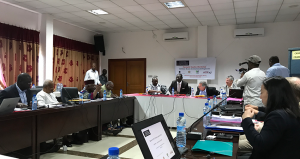
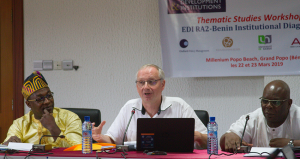
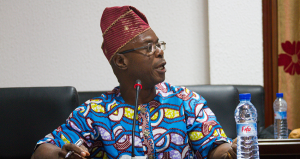
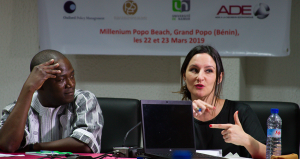
November 2018 – The comprehensive analysis to contribute to an institutional diagnostic of Benin is underway. Stage 1 of the approach has been completed and a first assessment of institutional constraints (chapter 1) is available for download. The survey analysis has been completed and insights will be published soon.
November 2017 – we held a workshop in Cotonou, Benin, to bring together the key researchers and prepare our surveys for interviewees and other stakeholders.
